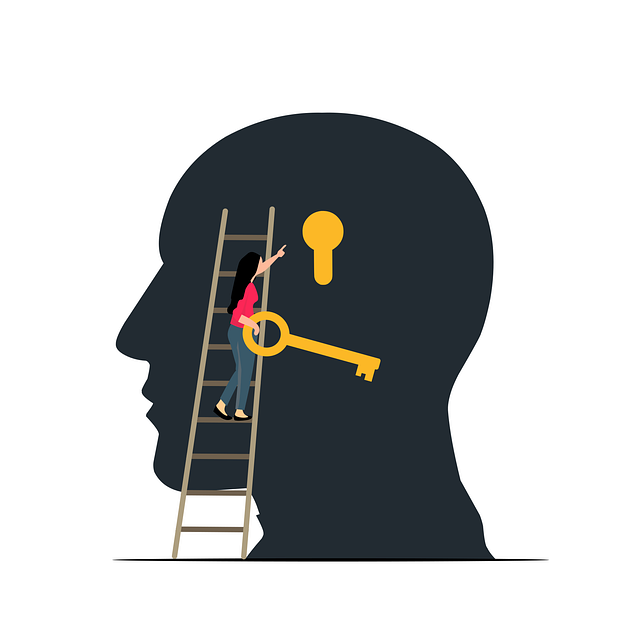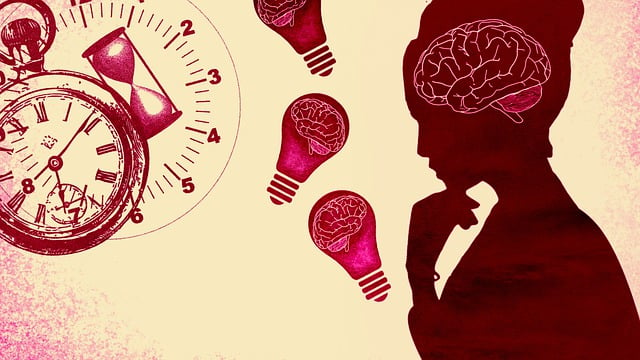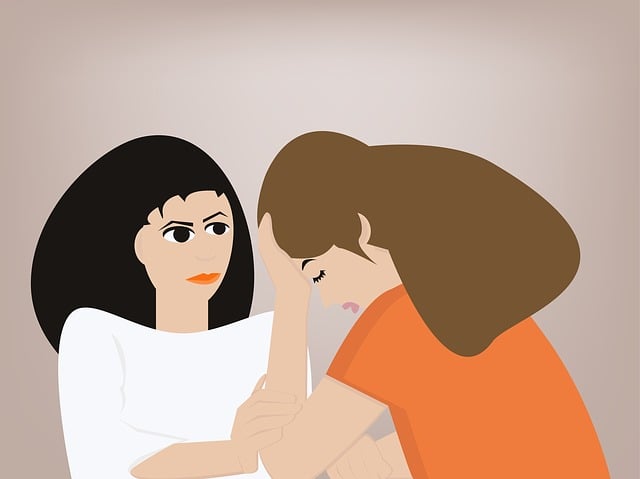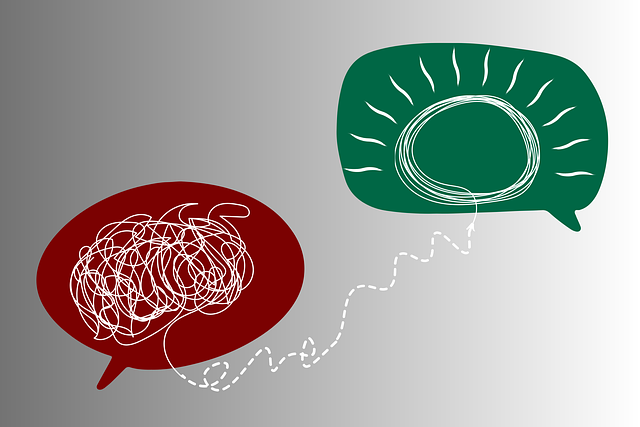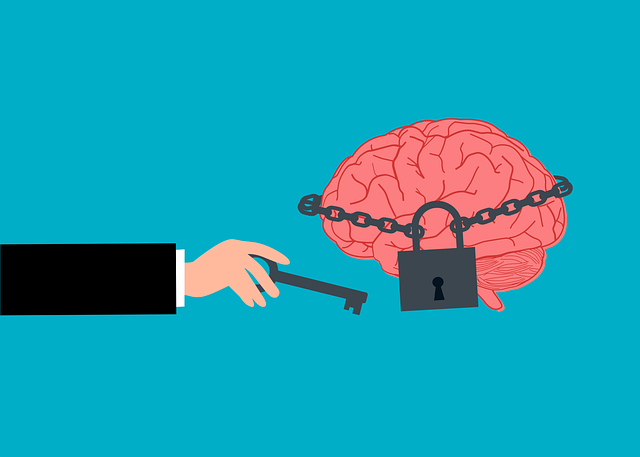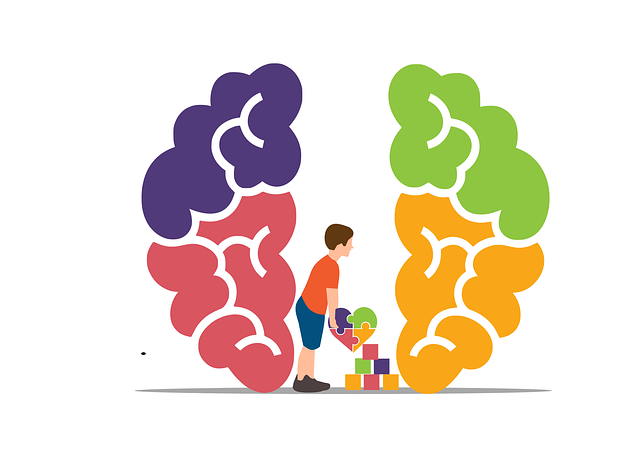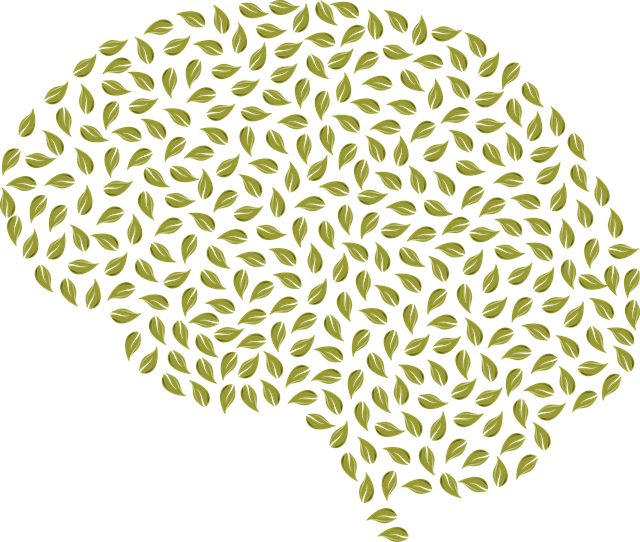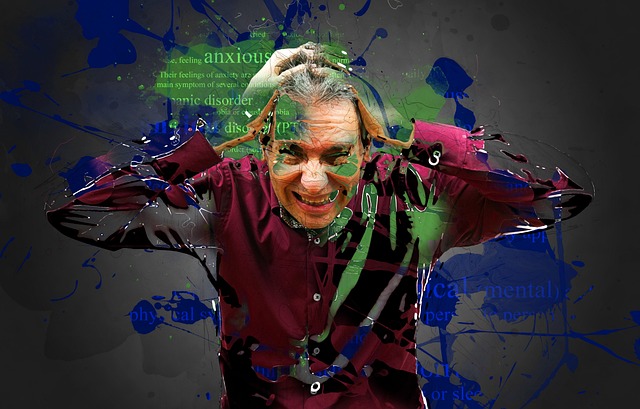Broomfield Biofeedback Therapy is an innovative approach addressing the challenges of mental illness diagnosis, including subjective symptoms and comorbidity, by combining biofeedback techniques with therapy. This method improves accuracy, empowers individuals to manage stress and anxiety, reduces stigma, and fosters resilience. Through comprehensive training, heightened awareness, cultural sensitivity, and journaling practices, healthcare professionals can enhance diagnosis accuracy and provide personalized, effective care.
Mental illness diagnosis accuracy is a critical aspect of patient care, yet current methods often fall short. This article explores efforts to improve diagnosis accuracy through innovative approaches like Broomfield Biofeedback Therapy, advanced tools, and enhanced training. By delving into these strategies, we aim to highlight how healthcare professionals can better assess and treat mental health conditions, ultimately leading to improved patient outcomes. Specifically, we focus on Broomfield Biofeedback Therapy as a promising game-changer in the field.
- Understanding the Challenges: Current Diagnosis Accuracy and Gaps
- Broomfield Biofeedback Therapy: A Promising Approach for Enhancement
- Integrating Advanced Tools and Techniques for Improved Diagnosis
- Training and Awareness: Equipping Professionals for Better Mental Health Assessment
Understanding the Challenges: Current Diagnosis Accuracy and Gaps

The current landscape of mental illness diagnosis presents several challenges that require immediate attention. Despite advancements in mental health research and growing awareness, there are significant gaps in accurate diagnosis, especially for complex conditions. Many factors contribute to this issue, including the subjective nature of symptoms, comorbidity rates among patients, and the time constraints often faced by healthcare professionals. These factors can lead to misdiagnoses or delayed identification of underlying issues, hindering effective treatment planning.
For instance, conditions like anxiety disorders and depression often coexist with other mental health problems, making diagnosis a complex task. Broomfield Biofeedback Therapy, a specialized approach focusing on mood management through physiological feedback, offers a promising avenue for improvement. By enhancing Mental Health Awareness and incorporating innovative techniques into Mental Health Education Programs Design, healthcare providers can bridge these gaps. Such efforts aim to improve diagnostic accuracy, ensuring that patients receive appropriate care tailored to their unique needs.
Broomfield Biofeedback Therapy: A Promising Approach for Enhancement

Broomfield Biofeedback Therapy is an innovative approach that shows promising potential for enhancing mental illness diagnosis accuracy and improving overall mental wellness. This method utilises biofeedback techniques to help individuals gain control over their physiological responses, offering a unique way to manage stress and promote mental health. By providing real-time feedback on bodily functions like heart rate and muscle tension, individuals can learn to recognise signs of stress or anxiety earlier, enabling them to implement coping strategies more effectively.
This therapy plays a significant role in Mental Illness Stigma Reduction Efforts by empowering people with self-awareness and self-regulation skills. As individuals gain a deeper understanding of their bodies’ reactions, they can challenge societal expectations and personal beliefs that often contribute to the stigma surrounding mental illness. With regular practice, Broomfield Biofeedback Therapy has the potential to foster resilience, improve diagnosis accuracy, and contribute to a more inclusive and supportive environment for those navigating mental health challenges.
Integrating Advanced Tools and Techniques for Improved Diagnosis

In an effort to enhance mental illness diagnosis accuracy, advanced tools and techniques are being integrated into traditional practices. One such innovative approach is Broomfield Biofeedback Therapy, which combines scientific technology with therapeutic interventions. By utilizing biofeedback sensors, therapists can now objectively measure a patient’s physiological responses during therapy sessions, providing valuable insights that support more precise diagnoses. This method allows professionals to adapt their treatment strategies in real-time based on the individual’s unique presentation.
Additionally, conflict resolution techniques and self-care practices are being emphasized as integral components of the diagnostic process. By teaching individuals effective coping mechanisms and promoting burnout prevention through balanced self-care routines, mental health professionals can better assess underlying issues related to mental illness. These complementary approaches not only improve diagnosis accuracy but also empower individuals with valuable tools for long-term wellness management.
Training and Awareness: Equipping Professionals for Better Mental Health Assessment

The journey towards enhancing mental illness diagnosis accuracy begins with empowering professionals through comprehensive training and heightened awareness. At Broomfield Biofeedback Therapy, we recognize that a significant step in improving assessment practices is educating healthcare providers on the nuances of mental health. This involves providing up-to-date information on various disorders, their symptoms, and the latest evidence-based treatment methods. By fostering a culture of continuous learning, professionals can better understand the complex interplay between biological, psychological, and social factors that contribute to mental illness.
Cultural sensitivity in mental healthcare practice is another critical aspect. Training should equip practitioners with the skills to navigate diverse cultural backgrounds and beliefs, ensuring that assessment methods are inclusive and respectful. Encouraging open discussions about mental wellness journaling exercises can also be beneficial. Keeping a mental wellness journal allows individuals to track their emotions, thoughts, and behaviors, providing valuable insights that professionals can use during assessments. This simple yet powerful tool promotes self-awareness and facilitates more accurate diagnoses, especially when coupled with professional guidance.
Mental illness diagnosis accuracy is a multifaceted challenge that demands innovative solutions. By understanding the current gaps in assessment methods, we can advance towards more effective practices. Integrating advanced tools and techniques, such as Broomfield Biofeedback Therapy, alongside enhanced training programs for professionals, offers promising avenues for improvement. These efforts collectively contribute to better mental health outcomes by ensuring accurate diagnoses, thereby enabling tailored and timely interventions.


